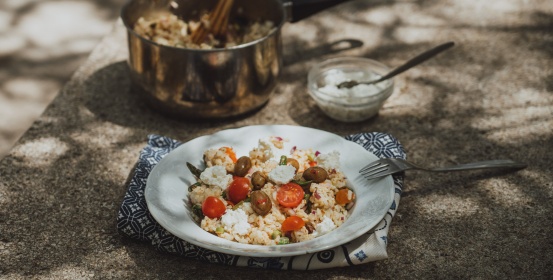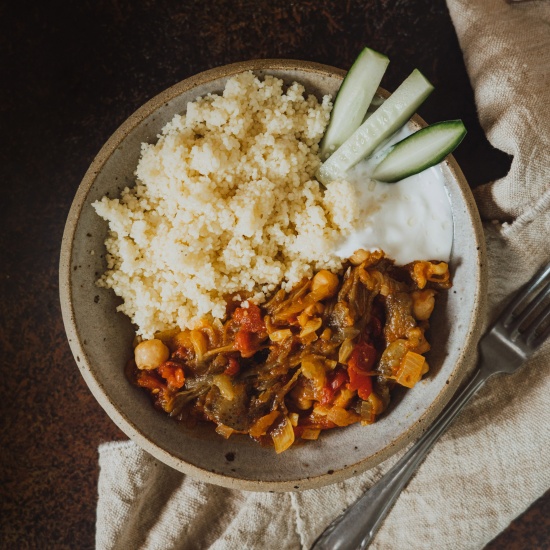Firstly, here’s a question for our readers: What is the first thing that comes to your mind when you feel uncomfortable bloating? Most probably you first blame it on a slightly bigger or less healthy lunch, don’t you? However, this uncomfortable state can also be caused by some other, special and happier reason, because in some cases it can be one of the first signs of pregnancy. How can you then differentiate between bloating and the sign of happy anticipation?
Keep reading to find out the answer, especially if you normally don’t have problems with your digestion or you are sexually active and you want to know if you are about to receive some happy news or maybe there is something else going on in your body. Improper diet and pregnancy are not the only enablers of bloating so it is good to know other causes of this type of digestive issues.
Are You Actually Experiencing Bloating Symptoms During Pregnancy?
Are you sexually active and have doubts about the efficiency of your contraception? Then it is of course possible you are pregnant, especially if you feel bloated for no obvious reason. However, since bloating can be related to other conditions, a bloated stomach doesn’t necessarily mean pregnancy. Here are some tips that could help you determine if you could be pregnant:
1. Missing Period
If you’re diligently tracking your menstrual cycle, noticing changes should not be difficult. If you’re not doing that, try to pinpoint the last time you had a period by thinking of some events that happened at the time, or something else that could trigger your memory. Then download an app that will help you avoid such uncertainty in the future.
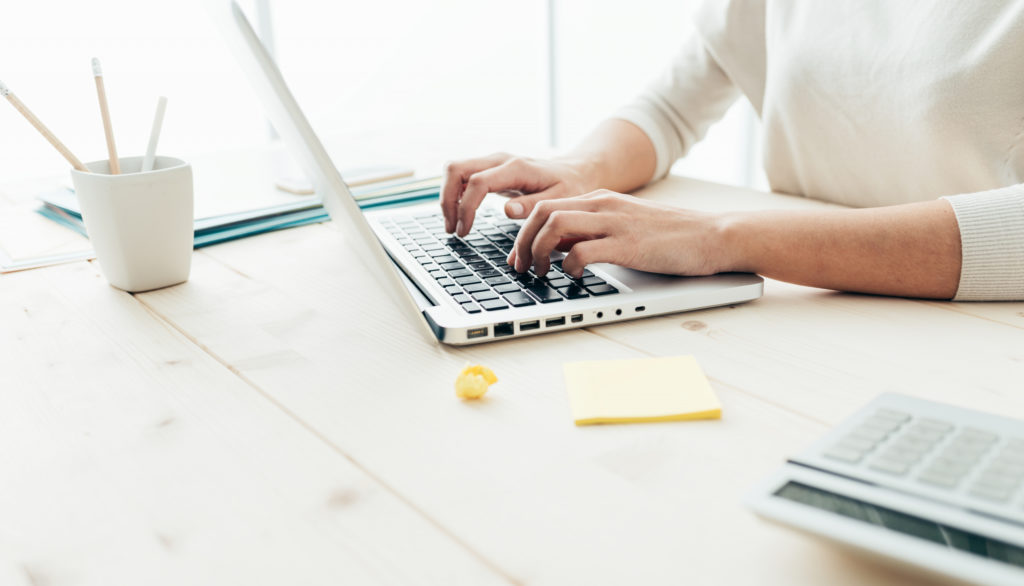
2. Lifestyle Changes
If you believe your period is indeed running late, this might not be due to pregnancy but could be related to other causes as well.
You should first think if something has recently changed in your life. Have you changed your diet or simply been experiencing a lot of stress in the past few weeks? Certain foods, stress and lifestyle or hormonal changes can actually be to blame for a missed period or bloating in general.
3. Take a Pregnancy Test
If you’re still not too sure whether the cause pf your missed period and bloating are lifestyle changes, the best way to determine whether you’re experiencing the very early symptoms of pregnancy would be to take a pregnancy test at home.
Such tests can be purchased in any pharmacy or even online, if you’d like to avoid buying yours in person. However, bear in mind that home pregnancy tests can show false results, especially in the early stages of pregnancy.
4. See Your Doctor
If you’d like to avoid any further uncertainty, schedule an appointment with your doctor who can confirm pregnancy by taking a blood or urine test.
5. Check for Other Signs of Pregnancy
This is actually not the last step, but in case your home pregnancy test is negative and your period is still running late, pay attention to the other symptoms of early pregnancy described below. If you start noticing any of them, take another pregnancy test and see your doctor as soon as possible to avoid further confusion.
What are the first signs of pregnancy?
As noted above, the most widely known early pregnancy symptom is a missed period, which usually appears about two to three weeks after conception.
However, some other very early signs of pregnancy could appear even before you realise your period is late or you experience bloating. Such symptoms include:
- tender breasts: due to higher levels of progesterone, you will probably start experiencing tenderness and swelling in your breasts;
- sensitivity to smell: hormonal changes in pregnancy can also cause changes and sensitivity to smell;
- spotting: spotting might occur as early as six days after conception, so it can represent one of the earliest signs of pregnancy;
- frequent urination: frequent urination can start as soon as two weeks after conception, so it’s another very early sign of being pregnant;
- fatigue: progesterone is to blame for the constant tiredness that is usually experienced within the first few weeks after conception, even though fatigue is common throughout the whole duration of pregnancy;
- mood swings: just like with PMS and hormonal changes, pregnancy can also result in various mood swings, that vary from feeling excited, depressed, irritated and so on. So brace yourself (and your loved ones) for an interesting nine-month ride!

The above-mentioned symptoms represent some common signs of pregnancy at its earliest stages. Later on, they can be accompanied by morning sickness that usually develops before the ninth week of pregnancy, again due to an increase in pregnancy hormones.
But don’t forget that this timeline is not true for all women, as some will only start experiencing such symptoms later in their pregnancy. Some might not even experience any of the very early signs of pregnancy, which is why it’s difficult to say which group you might belong to.
Other Causes of Bloating
If you’ve visited your doctor or believe there’s no way you could be pregnant, you’d probably still like to know why you’re feeling so bloated.
Other factors not related to pregnancy include the following:
1. Menstrual Cycle
Bloating before or during one’s period is a common problem for many women, and this happens due to the changes in the levels of the hormones progesterone and estrogen. Approximately one week before the start of your period, there is a decrease in level of the sex hormone progesterone. This causes the shedding of the lining in the uterus, which gets removed from your body by menstrual bleeding.
If you still feel bloated after your period, visit your doctor to make sure no underlying condition is causing your problems.
2. Certain Foods and Drinks
Some foods and drinks can also lead to symptoms of bloating:
- legumes: most beans contain sugars called alpha-galactosides that belong to a group of carbs called FODMAPs, as well as a lot of fibre, which can cause discomfort and bloating in sensitive people, especially those who are not used to eating a lot of it;
- cruciferous vegetables: vegetables like broccoli, cabbage, Brussels sprouts and cauliflower also contain FODMAPs which can lead to bloating;
- carbonated drinks: soda and other fizzy drinks contain high amounts of carbon dioxide that can get trapped in your digestive system and cause bloating;
- onions and garlic: onions are a common cause of bloating due to soluble fibres called fructans;
- apples: despite being extremely healthy, apples can cause bloating because they contain fructose and high amounts of fibre;
- beer: beer is another carbonated drink that also contains fermentable carbs, and this combination of gas and carbs increases the chances of bloating.
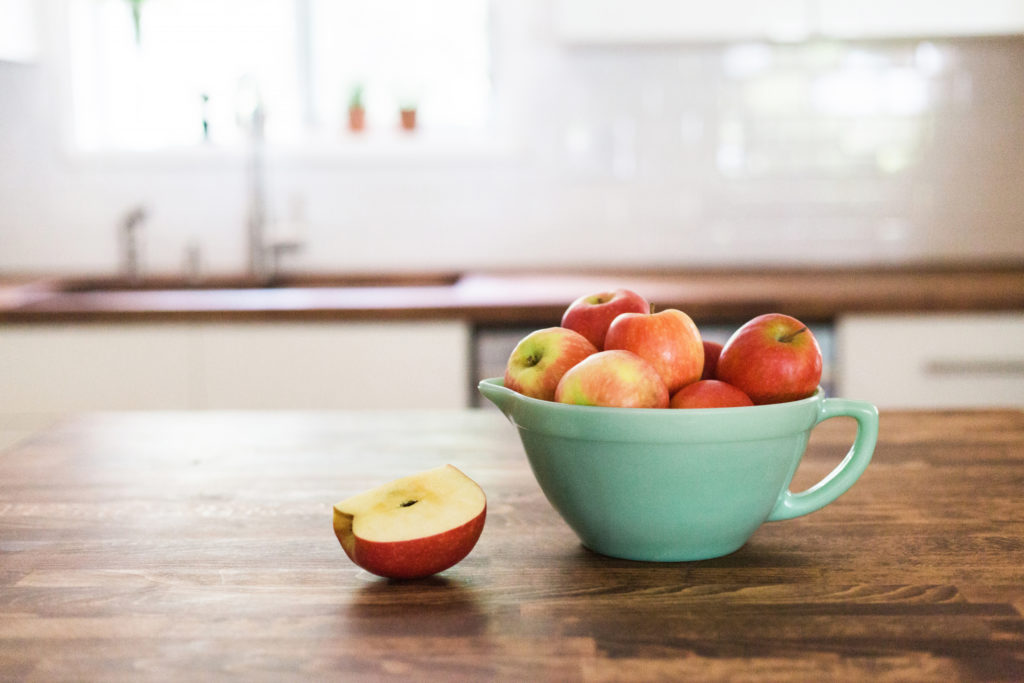
Those are of course only some foods and beverages that could lead to bloating. As each person is different, the items mentioned above might not be the cause of bloating in your case at all, while some other unexpected foods and drinks might make the situation worse.
If you’re trying to detect and eliminate such foods, it’s best to keep a food diary which will help you identify any problem foods and drinks and get the situation under control.
3. Eating Too Quickly
If you frequently experience bloating then pay attention to the way you eat. If you to eat too quickly then you’ll actually swallow a lot of air with your food, and this can lead to gas and bloating. If you’re planning to get rid of this or some other bad eating habits then now’s the perfect time to act, as unhealthy dietary decisions can significantly slow down your digestion, or even lead to constipation.
Additionally, avoid using a straw or chewing gum, as these can also increase the amount of air you swallow without even noticing.
4. Gastrointestinal Conditions
Unfortunately, bloating can be a symptom of more serious conditions, such as irritable bowel syndrome, GERD and heartburn, liver disease, kidney failure, and so on.
Therefore, it’s extremely important to seek medical help as soon as possible if you frequently experience bloating and cannot identify the underlying cause.
5. Lactose or Gluten Intolerance
Some chronic intolerances have symptoms that include bloating. The first is lactose intolerance, which happens because your body lacks the enzyme that normally breaks down lactose. This leads to bloating as well as gas, cramps or diarrhoea.
The second intolerance is related to gluten, and is quite common nowadays. People with celiac disease or gluten sensitivity can suffer from major digestive problems if they consume food containing gluten, as their body is not able to digest it.
If you believe you might be suffering from lactose or gluten intolerance, try to avoid such foods for a while to see if your symptoms disappear. You can also make a doctor’s appointment and take a test that will tell you if you’re actually one of those people with one of these chronic conditions.
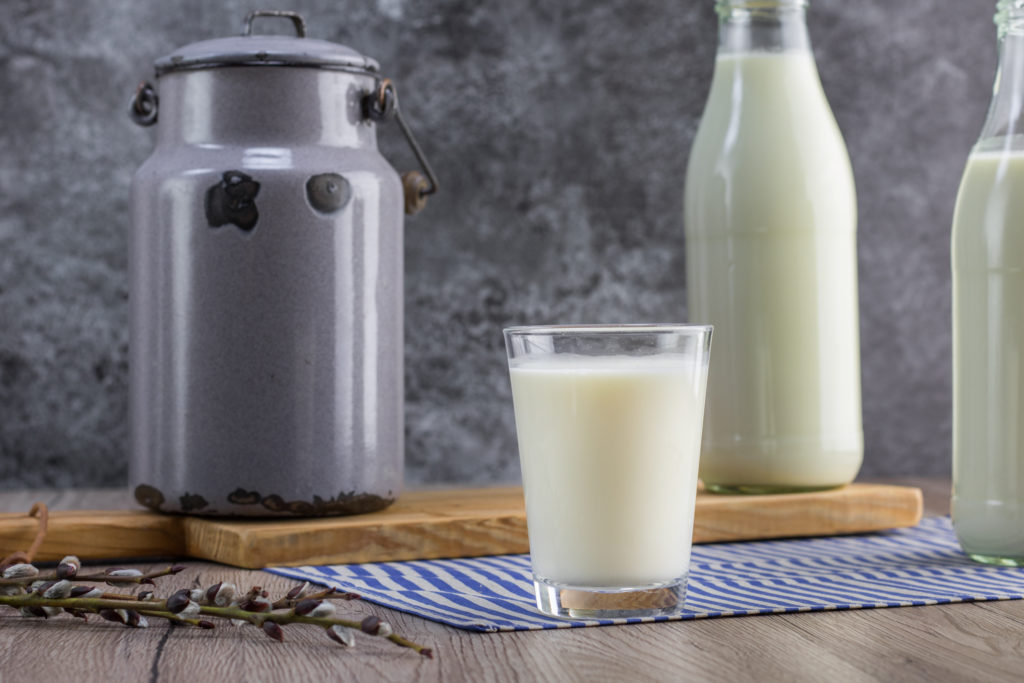
How to Treat Bloating?
In order to treat occasional bloating that appears due to pregnancy or other causes, you can try the following methods:
- eat slowly: as you read above, eating quickly leads to swallowing a lot of air, so try to take your time while you eating to decrease the chances of bloating;
- avoid chewing gum: chewing gum simply leads to swallowing too much air, which might make your symptoms even worse;
- eat smaller meals: people experiencing bloating are often more sensitive to having food in their stomachs, which is why eating smaller portions can alleviate some problems;
- take supplements: taking probiotics or digestive enzyme supplements can help you overcome bloating and reduce the symptoms of gas or other digestive problems;
- prevent constipation: constipation can make bloating symptoms even worse, so make sure you drink enough water, stay active and read about other tips that can help you fight against constipation.
- drink mineral water: like Donat! Its health benefits have been scientifically proven, as it draws the water from the intestinal wall, increasing the volume of the intestinal content, putting more pressure on the intestinal wall, and thus helping ease the way to unblocked bowels.
Bloating is an extremely common symptom of various conditions, and you can also feel bloated when pregnant.
Take Away
If you think you might be experiencing some very early symptoms of pregnancy, pay attention to other common symptoms that could provide some additional clues. The easiest and quickest way to make sure your bloated stomach is indeed related to early pregnancy is to simply take a home pregnancy test, the positive results of which should then be confirmed by a visit to your doctor.
If you’re not pregnant and your symptoms do not go away despite trying various remedies, visit your doctor to check what else could be going on in your body. And to stay up to date with our health tips, keep visiting our blog as we’re always adding new articles that’ll help you take care of your digestion and overall health.
Frequently Asked Questions
What are the first signs of pregnancy?
Early signs of pregnancy besides bloating include breast sensitivity, heightened sense of smell, implantation bleeding, feeling tired more often, as well as morning sickness and heartburn.
Is bloating one of the first signs of pregnancy?
Bloating can be one of the first signs of pregnancy, but it can also be caused by bad diet, allergies or different health conditions. If you are sexually active and you don’t have any digestion problems, we definitely recommend that you to take a pregnancy test and check if you are pregnant in case of prolonged bloating and possible additional signs.
What are the things that can cause bloating?
Bloating can be caused by allergies, bad diet or a serious illness. The foodstuffs that more often cause bloating are the ones rich in FODMAPs (certain types of carbohydrates which are more difficult to process in the bowels), e.g. wheat, apples, pears, plums, garlic, onion, legumes, dairy products…
How can you help yourself if you suffer from bloating?
In order to get rid of bloating, it is of key importance to eat slowly and chew the food well and at the same time to remove or limit the intake of foodstuffs you don’t consider to be good for your body. We also advise you to exercise regularly and pay attention to regular digestion and that’s also where Donat can help you.
How to drink Donat if you want to regulate your digestion?
Our recommendation is to drink Donat at least three times a day before a meal, in the morning (on an empty stomach) between 0,2 and 0,3 l, then 0,1 l before lunch and between 0,1 and 0,2 l before dinner. Drink it at room temperature and slowly.
Let Donat be your faithful companion during your pregnancy!
Choose chapter:





